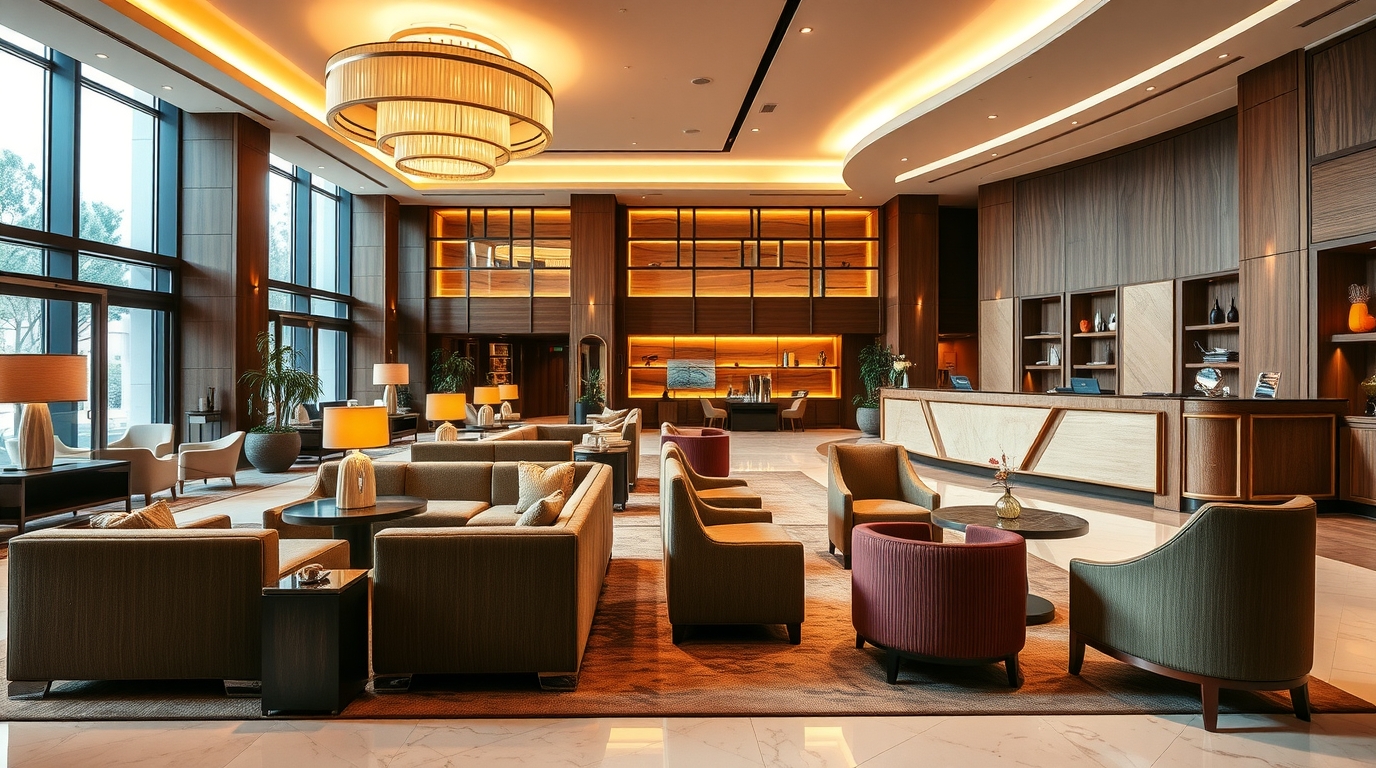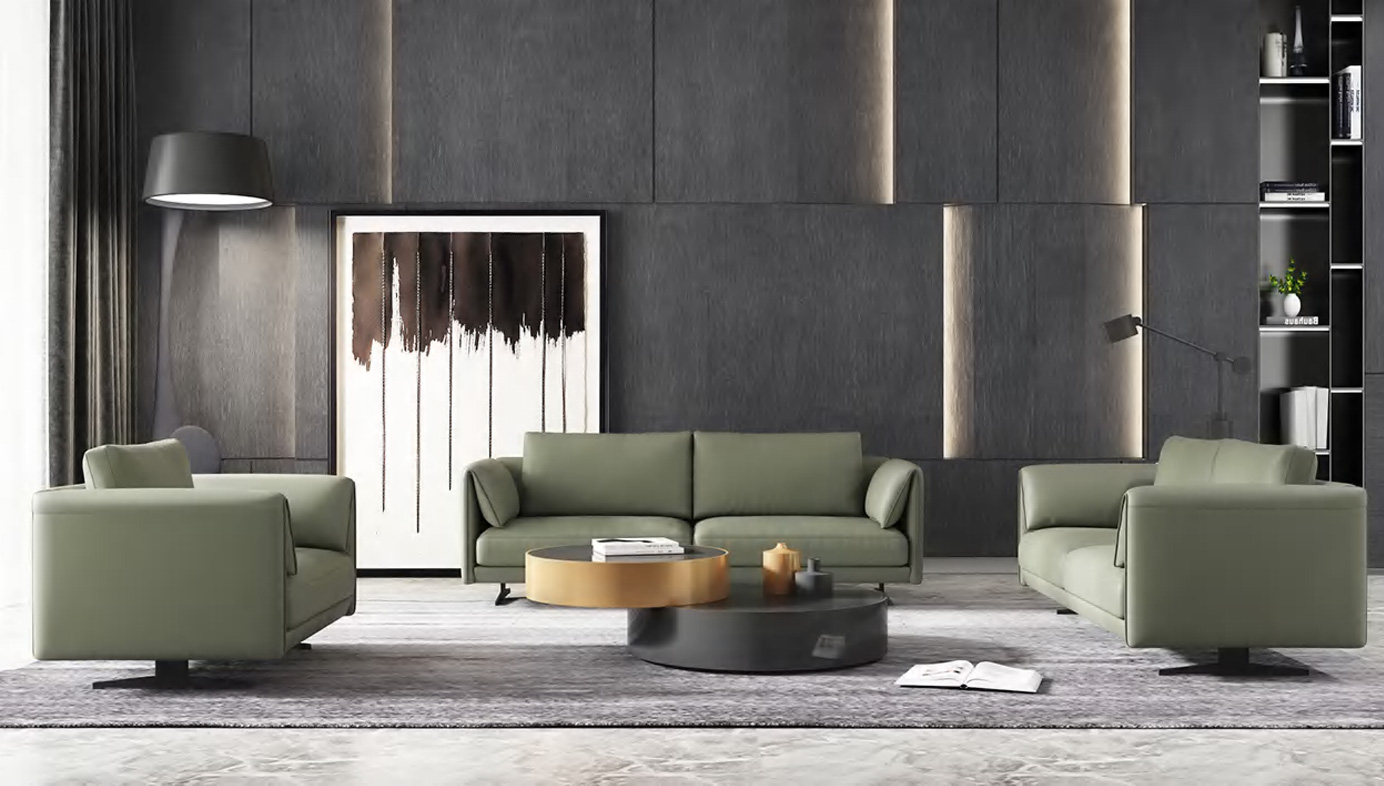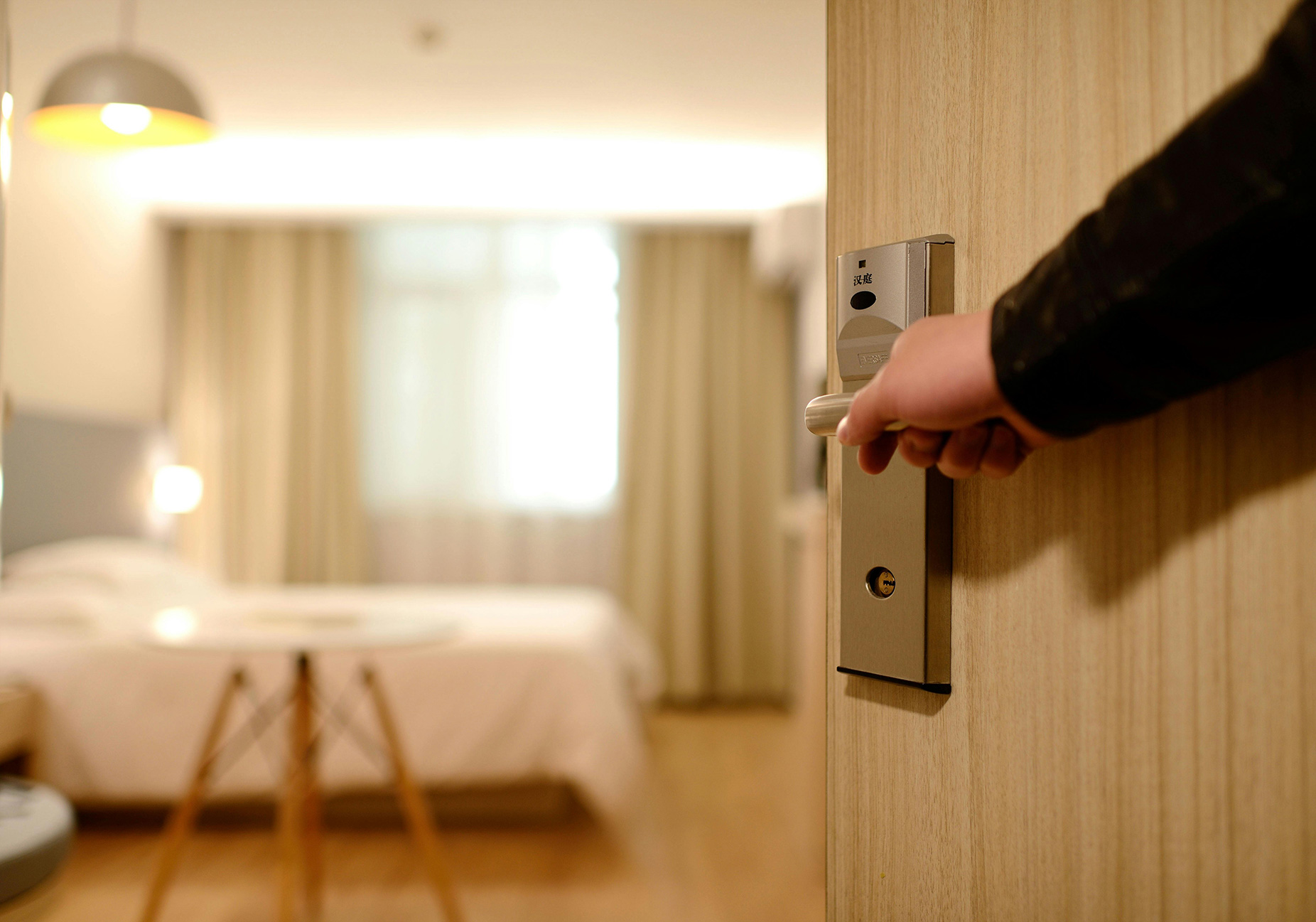Introduction
In the realm of hospitality, furniture serves as more than mere decor—it embodies the essence of guest experience and brand identity. From the moment a guest enters a hotel, the furnishings encountered must exude luxury, withstand rigorous use, and comply with stringent industry standards. While retail furniture may boast aesthetic appeal and cost-effectiveness, it often falls short of meeting the high demands of hotel environments. Beneath the surface, critical distinctions exist between commercial grade hotel furniture and standard retail alternatives, which can significantly impact operational efficiency, maintenance costs, guest satisfaction, and brand consistency.
This comprehensive guide delves into the seven key factors that set true commercial hotel furniture apart from typical retail options. Understanding these differences empowers hotel owners, procurement teams, and designers to make informed decisions, ensuring investments that enhance guest experiences and uphold brand integrity.
1. Durability & Structural Integrity
Hotel furniture must endure relentless, round-the-clock use. Guests may not treat furnishings with care. From wheeling luggage over coffee tables to children jumping on sofas or diners constantly shifting chairs, hotel furniture takes a beating that typical home furniture would never survive.
Commercial-grade hotel furniture is engineered with this in mind. Structural integrity is paramount. This starts with the internal framework—reinforced joints such as mortise and tenon, dowelled construction, and corner blocks are used to fortify every piece. Materials include solid hardwoods, commercial-grade aluminium or stainless steel frames, high-density foam, and premium laminates. Finishes are selected for resistance to scratches, moisture, and frequent cleaning.
Compare this with retail furniture, which is generally built using cost-saving methods suitable for light residential use. Materials like particleboard, staple-only joinery, and lightweight fastenings reduce production costs—but also drastically reduce longevity. What might seem like a beautiful armchair or dining table in a showroom can begin to wobble, wear, and warp within 12–24 months of hotel use.
Durability in hotel furniture isn’t just about longevity—it’s about value. Investing in stronger construction reduces replacement frequency, limits guest complaints, and safeguards brand reputation. A well-constructed hotel armchair might last 7–10 years even with daily use, whereas a retail chair may require replacement after just one to two years.
2. Warranty & After-Sales Support
The warranty attached to commercial hotel furniture isn’t just a piece of paper—it’s a signal of quality, serviceability, and product confidence.
Trusted commercial-grade suppliers offer robust warranties ranging from 3 to 10 years, often segmented by component (e.g., 10-year structural, 3-year fabric, 5-year foam). These warranties are specifically structured for environments of heavy commercial use and are backed by service systems for parts replacement, reupholstery, or product updates.
Retail furniture warranties, on the other hand, are often limited to 12 months. They’re structured for light, domestic use and rarely cover the kinds of wear seen in hotel settings. Additionally, retail suppliers usually do not stock parts or offer replacement programs for discontinued items.
Consider the impact on a hotel: a failed dining chair in a set of 40 cannot be easily replaced with a matching model if the item was retail-sourced. With commercial suppliers, continuity is planned—models remain available for years, or custom re-runs can be organised for consistency.
Hotels also benefit from a proactive support structure: fast response to service requests, easy access to product documentation, and scheduled maintenance programs. All of these make commercial-grade suppliers long-term partners, not just vendors.
3. Fit-for-Purpose Design
Hotel environments present unique operational challenges that retail furniture simply isn’t designed to meet. The design of commercial-grade hotel furniture is tailored for both aesthetics and functionality, engineered to perform in real-world hospitality scenarios.
Some of the design features that set commercial furniture apart include:
- Stackable chairs and nesting tables for flexible event spaces
- Scratch-resistant surfaces suitable for frequent cleaning and sanitisation
- Antimicrobial fabrics and vinyls to support hygiene protocols
- Non-slip, non-marring feet to protect flooring
- Ergonomic proportions to ensure comfort across a wide demographic
- Reinforced glides and footrests for public area seating
- Locking mechanisms on mobile items such as trolleys and bar carts
Retail furniture is designed with style and cost in mind, but often lacks these practical refinements. In a hotel setting, these limitations show quickly—chipped surfaces, awkward handling, and discomfort during extended use can all negatively impact the guest experience.
Fit-for-purpose design is what allows a piece of furniture to blend into the space visually while supporting operations seamlessly behind the scenes.
4. Customisation to Brand Aesthetic
Every hotel has its own story—and the furniture should help tell it. Commercial-grade furniture suppliers understand the need for custom specifications, offering made-to-order capabilities that align perfectly with brand identity.
Custom options typically include:
- Upholstery selection from hundreds of commercial-grade textiles
- Wood stains, metal finishes, or powder coating in bespoke colourways
- Dimensional customisation to suit awkward spaces or special layouts
- Embroidered logos, engraved brand elements, or embossed details
- Integrated features like charging ports, concealed lighting, or modular configurations
Retail furniture is limited to the SKUs offered by the retailer—usually 2 or 3 colour choices, fixed sizes, and no branding capability. This creates a disjointed aesthetic and restricts creative design expression.
With commercial-grade suppliers, designers and hoteliers can create cohesive environments—lobbies that reflect grandeur, guest rooms that soothe, restaurants that invite. The ability to customise ensures that every furniture element supports the atmosphere and personality of the brand.
5. Volume Production & Consistency
Hotels rarely need just one chair or one table—they require consistent delivery of dozens or even hundreds of units. Volume capability and batch consistency are essential in commercial-grade furniture supply.
Specialist commercial suppliers are structured to:
- Produce large quantities of identical units
- Ensure quality control across every piece
- Use batch tracking systems to maintain consistency in finish and dimension
- Allow for repeat orders years later with the same specs
Retail stock, by contrast, is not designed for volume procurement. Retail items are often seasonal or trend-based, making it difficult—or impossible—to replace or replicate a set after a few months. Finish variations and dimension fluctuations are also common due to decentralised manufacturing.
This inconsistency becomes a major issue during refurbishments, expansions, or damage replacements. A broken lobby sofa or a chipped dining chair can’t simply be swapped out with a retail equivalent—it must match in both appearance and quality. Only commercial-grade suppliers can guarantee this continuity.
6. Risk Management, Testing & Certification
Beyond durability and compliance, true commercial-grade hotel furniture undergoes extensive risk-based testing to ensure safety, longevity, and legal adherence. Suppliers often work with third-party testing bodies to certify product performance.
Testing often includes:
- Stress testing for maximum weight capacity
- Abrasion resistance for fabrics and surfaces
- UV stability for outdoor settings
- Moisture and humidity tolerance
- Resistance to chemical cleaning agents
- Fatigue testing of joints, fastenings, and glides
Each of these testing procedures helps identify weaknesses before they become real-world liabilities. For hotels, this means fewer guest injuries, fewer legal claims, fewer damaged floors, and fewer incidents where furnishings fail during use.
Furthermore, reputable commercial suppliers often provide independent quality control inspections prior to dispatch—especially for international orders. At Elegant Hotel Furniture, for example, each item is reviewed for adherence to specs, finish quality, and structural strength before shipping.
By selecting tested, certified, and QC-approved commercial furniture, hotels manage their risk proactively and maintain a safe, professional environment for staff and guests alike.
7. Total Cost of Ownership
While retail furniture may appear cost-effective initially, the long-term expenses associated with frequent replacements, repairs, and potential safety liabilities can outweigh the upfront savings. Commercial-grade furniture, though higher in initial investment, offers better value over time through:
- Extended lifespan reducing the need for frequent replacements
- Lower maintenance costs due to durable materials and construction
- Enhanced guest satisfaction leading to repeat business
- Compliance with safety standards minimizing legal risks
Investing in commercial-grade furniture is a strategic decision that aligns with the long-term financial and operational goals of a hotel.
Conclusion
The differences between commercial-grade hotel furniture and typical retail options are not subtle—they’re foundational. The demands of the hospitality industry require furniture that performs on every level: structurally, visually, functionally, and safely.
From reinforced durability to comprehensive warranties, from fit-for-purpose design to brand-aligned customisation, the benefits of choosing true commercial-grade furniture are clear. While retail alternatives may tempt procurement teams with lower upfront costs, the long-term consequences—safety risks, guest dissatisfaction, inconsistent aesthetics, and premature replacement—make them a poor investment for serious operators.
At Elegant Hotel Furniture, we understand these needs intimately. Our range of hospitality furniture is purpose-built for the rigours of commercial environments. We provide certification, custom options, robust warranties, and a full-service partnership that supports your brand’s image and operational success.
Let’s start a conversation. Contact Elegant Hotel Furniture today to request a consultation, download our full specifications catalogue, or receive a quote tailored to your project.












